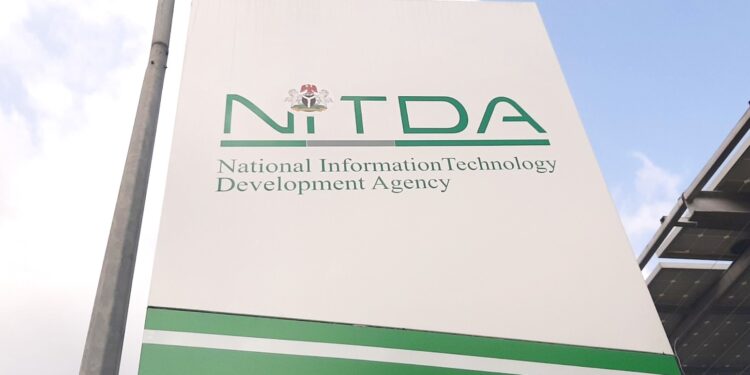
The National Information Technology Development Agency (NITDA), over the weekend, released the draft Technical Standards for Digital Public Infrastructure (DPI) for public consultation.
The Agency is also soliciting public comments and inputs on this pivotal document.
Hadiza Umar (Mrs), director, Corporate Communications & Media Relations at NITDA, said that the landmark step underscores the government’s commitment to fostering an inclusive, secure, and interoperable digital ecosystem that will drive economic growth, enhance public service delivery, and empower citizens across the nation.
On the 4th of March 2025, the Federal Government of Nigeria (FGN) through the Federal Ministry of Communications, Innovations, and Digital Economy, released the Digital Public Infrastructure Framework.
“The DPI framework presents a platform for reforming public service delivery, utilising a whole-of-government approach, which includes the opportunity for the private sector to build and deliver cross-cutting services that will enhance citizens’ well-being and access to services. The Framework also establishes the Nigerian Digital Public Infrastructure Centre (Ng-DPIC) as the program implementation office to coordinate the national effort to educate, support research and deliver appropriate knowledge management for developing Nigeria’s DPI”, Mrs. Umar said.
The aim is to engage meaningfully in developing a robust DPI-driven architecture that benefits society.
Here are seven (7) key facts about the proposed Digital Public Infrastructure Regulation
Standardize Testing Practices: Ensure consistent validation of systems to meet defined technical and user requirements.
Enhance Interoperability: Ensure seamless communication across platforms, agencies, and services
Ensure Data Security and Privacy: Protect sensitive information while complying with local and international regulations
Promote Accessibility and Usability: Create inclusive systems that are easy to navigate and cater to all citizens, including marginalised groups.
Define Performance Benchmarks: Establish metrics to ensure systems are reliable, scalable, and efficient.
Foster Governance and Compliance: Provide clear accountability, transparency, and regulatory alignment rules
Encourage Innovation: Facilitate the adoption of open-source technologies while adhering to proper usage guidelines.